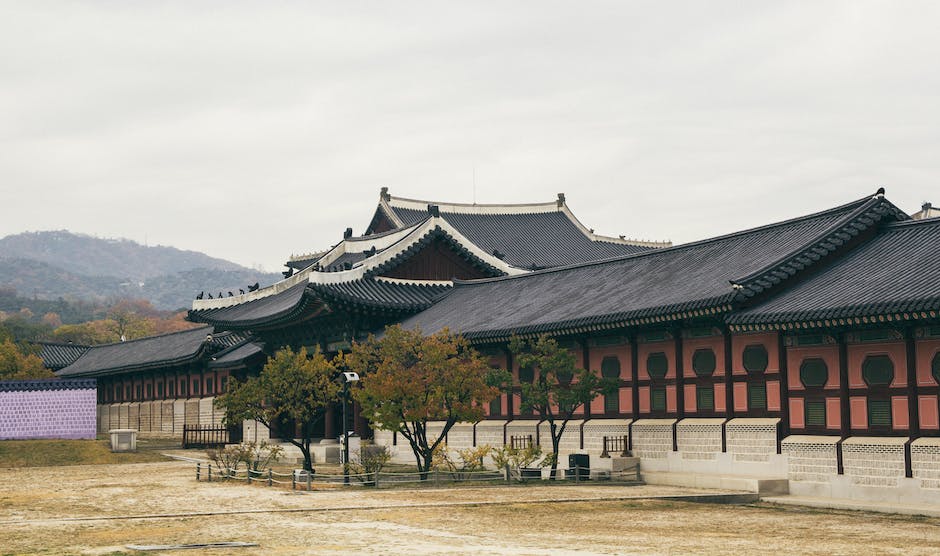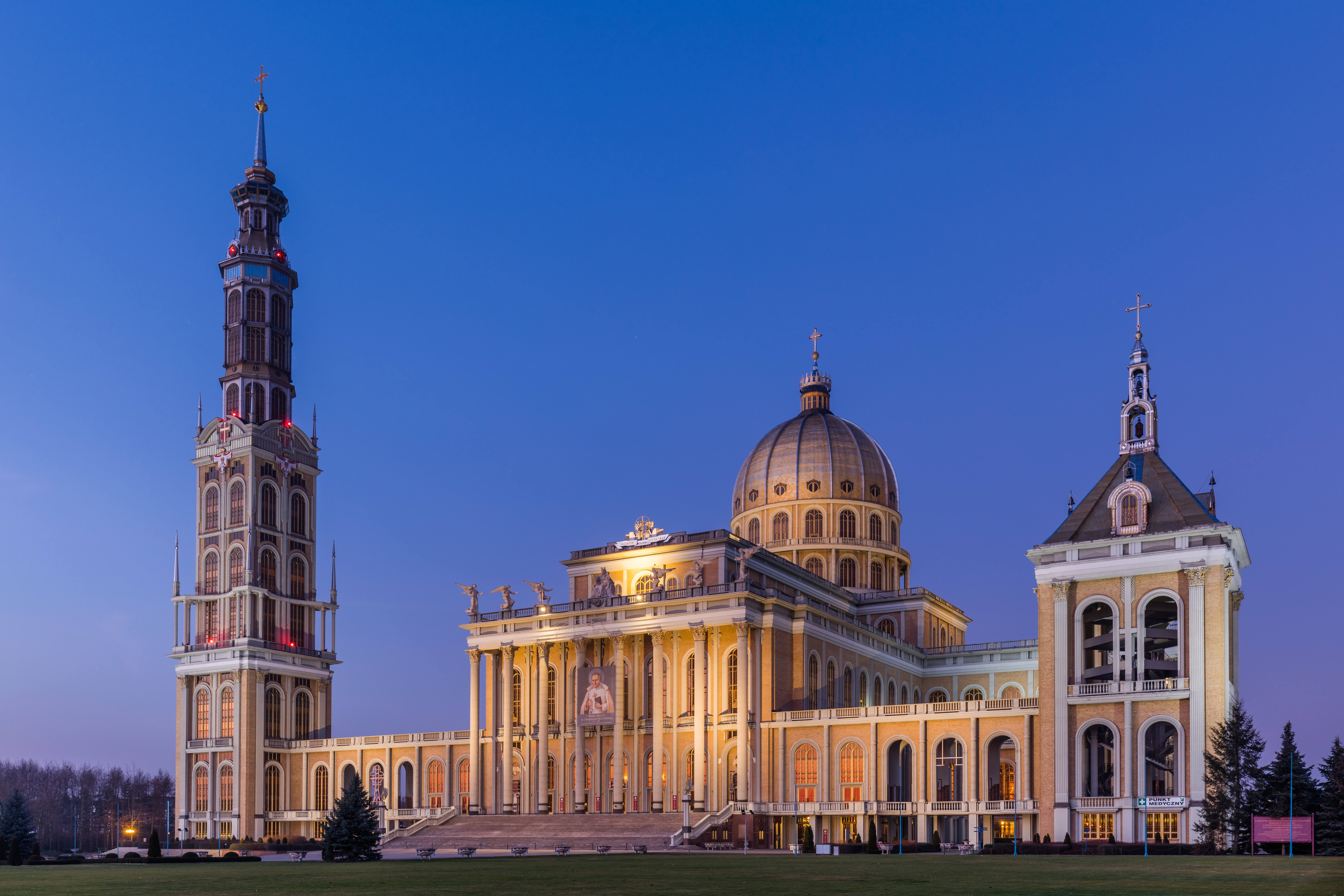The vast tapestry of Polish history intricately weaves together a captivating narrative spanning millennia, one that unfolds against the backdrop of many triumphs, tribulations, and remarkable transformations. From the inception of the Piast Dynasty to the arduous journey towards independence, Poland’s historical voyage dances across the pages of time, leaving an indelible mark on the world. As we embark on a mesmerizing exploration of Poland’s past, we delve into the intricate complexities and the countless stories that have shaped the nation, keeping our hearts open to the echoes of the past that continue to reverberate in the present. Join us on this extraordinary voyage, as we traverse the corridors of time and immerse ourselves in the rich tapestry of Polish history.
The Legendary Piast Dynasty: Foundation and Consolidation of Polish Statehood
The Piast Dynasty, known as the legendary founders of Polish statehood, played a vital role in shaping the nation’s history. Emerging in the 9th century, this noble family established the roots of a unified Polish state, marking the beginning of an extraordinary journey. With their unwavering determination and strategic vision, the Piasts navigated through political turmoil and territorial challenges, effectively laying down the foundation of a flourishing kingdom that would endure for centuries.
Under the visionary leadership of the Piast rulers, Poland witnessed the consolidation of its statehood. They skillfully transformed a loose confederation of tribes into a strong and centralized monarchy, fostering stability and enhancing the country’s international standing. This consolidation was made possible through various achievements, including:
- Acquisition of Territory: The Piasts expanded their dominion through strategic alliances, military prowess, and diplomatic maneuvers. Gradually, they integrated disparate territories, fostering a sense of unity and shared identity among the diverse populations.
- Legal and Administrative Reforms: The Piast rulers implemented prudent legal reforms and established efficient administrative systems to ensure the smooth functioning of the state. Their efforts laid the groundwork for a just and orderly society, contributing to the overall prosperity of the Polish nation.
- Development of Culture and Education: Recognizing the significance of intellectual and cultural advancement, the Piast Dynasty encouraged the growth of education and arts. They patronized learning centers, supported scholars, and nurtured a vibrant cultural scene, which further solidified Poland’s unique identity.
- Religious Tolerance: In an era marked by religious divisions, the Piasts adopted a policy of religious tolerance. This inclusive approach allowed diverse religious communities to coexist harmoniously, creating a sense of unity and mutual respect among the populace.
The Piast Dynasty’s legacy remains immortalized in Polish history. Their strategic foresight, political acumen, and commitment to the welfare of their people laid the groundwork for a prosperous and united nation. Their achievements continue to inspire generations, reminding us of the power of visionary leadership and the resilience of the human spirit.

Poland’s Struggle for Freedom: From Partition to Independence
Throughout history, Poland has endured tremendous hardships in its relentless pursuit of independence. The journey towards freedom began with the notorious partitions imposed on the country in the late 18th century, which resulted in its division among the powerful neighboring empires of Russia, Prussia, and Austria. This marked the onset of a turbulent era for Poland, as its people found themselves under foreign rule, struggling to preserve their distinct cultural identity and maintain their aspirations for sovereignty.
Underneath the oppressive yoke of foreign forces, Poland’s unwavering quest for freedom spanned generations, fueling numerous uprisings and clandestine resistance movements. The Polish people’s indomitable spirit shone through their unwavering commitment to their national heritage and the preservation of their language, customs, and traditions. Their resilience was witnessed in iconic moments such as the November Uprising of 1830 and the January Uprising of 1863, where brave patriots fearlessly fought against daunting odds to reclaim their rightful place in the world.
- Igniting hope: Despite facing overwhelming challenges, Poland’s struggle for freedom served as a beacon of inspiration for oppressed peoples around the globe, becoming a symbol of resilience and resistance against injustice.
- Preserving cultural identity: Throughout the darkest periods of foreign subjugation, Poles went to great lengths to safeguard their unique traditions, literature, music, and language, ensuring that their heritage and values remained an integral part of the national fabric.
- National unity: The pursuit of freedom served to unite diverse factions within Polish society, transcending differences and fostering a shared sense of purpose among those yearning to break free from bondage.

Cultural Legacy: Exploring the Artistic and Literary Achievements of Polish History
Polish history is rich in artistic and literary achievements that have left an indelible mark on the global cultural landscape. From renowned classical composers to groundbreaking literary masterpieces, the artistic legacy of Poland is as diverse as it is captivating.
One of the most prominent figures in Polish history is composer and pianist Frédéric Chopin. His enchanting compositions, characterized by their emotional depth and technical brilliance, continue to captivate audiences worldwide. Chopin’s music serves as a testament to the power of human expression and emotion, showcasing the unique blend of passion and melancholy that is often associated with Polish art.
- Another significant contributor to Polish culture is the literary genius, Adam Mickiewicz. His poetry delves into themes of love, patriotism, and the human condition, often taking inspiration from Polish folklore and mythology. Mickiewicz’s works, such as “Pan Tadeusz,” have become enduring classics of Polish literature, portraying a vivid picture of Polish society during his time.
- Poland is also renowned for its vibrant tradition of visual arts. One notable example is the Polish School of Posters, which emerged in the 1950s. This innovative and distinctive style of graphic design combined elements of traditional Polish folklore with contemporary artistic techniques, resulting in visually captivating and thought-provoking works of art.
The cultural legacy of Poland is a testament to the country’s rich heritage and the ingenuity of its artists and writers. From Chopin’s soul-stirring melodies to Mickiewicz’s poetic brilliance and the imaginative realm of Polish poster art, exploring the artistic and literary achievements of Polish history is an enriching journey into a world of creativity and expression.

Contemporary Relevance: Honoring Poland’s Historic Journey to Independence
As we reflect on Poland’s remarkable journey to independence, it is imperative to recognize its contemporary relevance and the profound impact it continues to have on the nation’s identity. Poland’s struggle for freedom and autonomy serves as a timeless reminder of the resilience and determination of its people. From the darkest periods of history to the present day, Poland’s fight for independence remains a symbol of hope, unity, and national pride.
One of the key contemporary resonances lies in Poland’s ability to inspire other nations striving for freedom and self-determination. Its historical journey stands as a testament to the power of solidarity and the unwavering spirit to assert one’s rights. Moreover, Poland’s pursuit of independence serves as a living lesson, igniting discussions around the importance of preserving and safeguarding democratic values, human rights, and civil liberties.
- Building a collective memory: Honoring Poland’s historic journey educates future generations about the struggles faced and sacrifices made for the nation’s autonomy.
- Fostering national unity: The commemoration of Poland’s independence cultivates a sense of belonging, shared heritage, and national consciousness.
- Preserving cultural diversity: Recognizing Poland’s journey celebrates its rich cultural heritage, promoting respect and appreciation for its diverse communities.
To Wrap It Up
As the curtains draw to a close on this enlightening journey through the millennia of Polish history, we find ourselves immersed in a tapestry woven with the threads of valor, adversity, and unwavering resilience. From the genesis of the Piast Dynasty that laid the foundation for a nation, to the arduous struggles that carved Poland’s identity, our exploration has traversed centuries of triumphs and tribulations, forever imprinted in the annals of time.
Emerging from the ashes of conflict and turmoil, Poland’s indomitable spirit embraced the winds of change, birthing a new era with the dawn of independence. Through the centuries, the Polish people chiseled their destiny, overcoming oppression and forging new paths towards progress.
Within this rich tapestry, the Piast Dynasty stands tall, serving as a poignant reminder of Poland’s distinguished roots. From Mieszko I, the visionary founder, to the illustrious leaders who followed, their legacies continue to echo through the ages, resonating with the essence of a nation forever committed to defending its sovereignty.
Yet, it is integral to recognize that Poland’s story extends far beyond the tenacity of its rulers. The shared experiences of its populace, the cultural tapestry woven by its citizens, and their unwavering hope in the face of adversity have molded Poland into the vibrant nation we see today. It is their voices, echoing through centuries, that have etched Poland’s indomitable spirit into the very fabric of its existence.
As we stand on the precipice of modern Poland, we cannot help but marvel at the triumph of a nation that has weathered countless storms, reborn time and again from the embers of challenge. Its journey, though marred by scars, serves as a testament to the resilience and unity that define the Polish people.
The story of Poland’s progression is far from over, for history continues to unfold with each passing day. As we bid adieu to the vast narratives that interweave Piast lineage and independence, we embrace the future with a sense of anticipation. With an unwavering commitment to their roots and the yearning for progress, the Polish people embark on a path to shape their own destiny, forever carrying the echoes of a history that has shaped them.
May this exploration of Polish history ignite a flame of curiosity and inspire a newfound respect for a nation that has withstood the tests of time. For it is through the understanding of our past that we can forge a brighter and more harmonious future, not just for Poland, but for all humanity.

